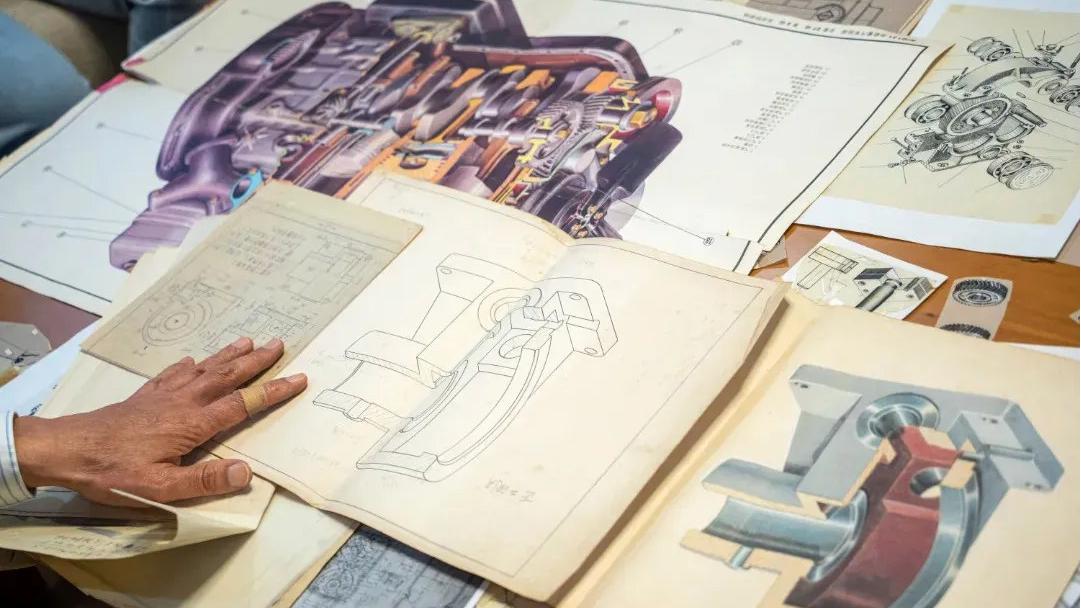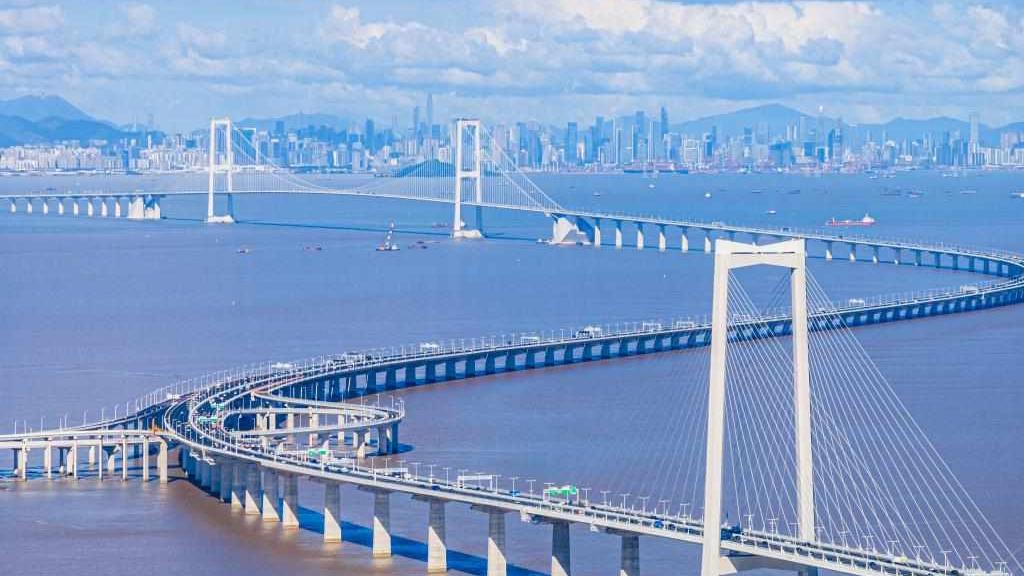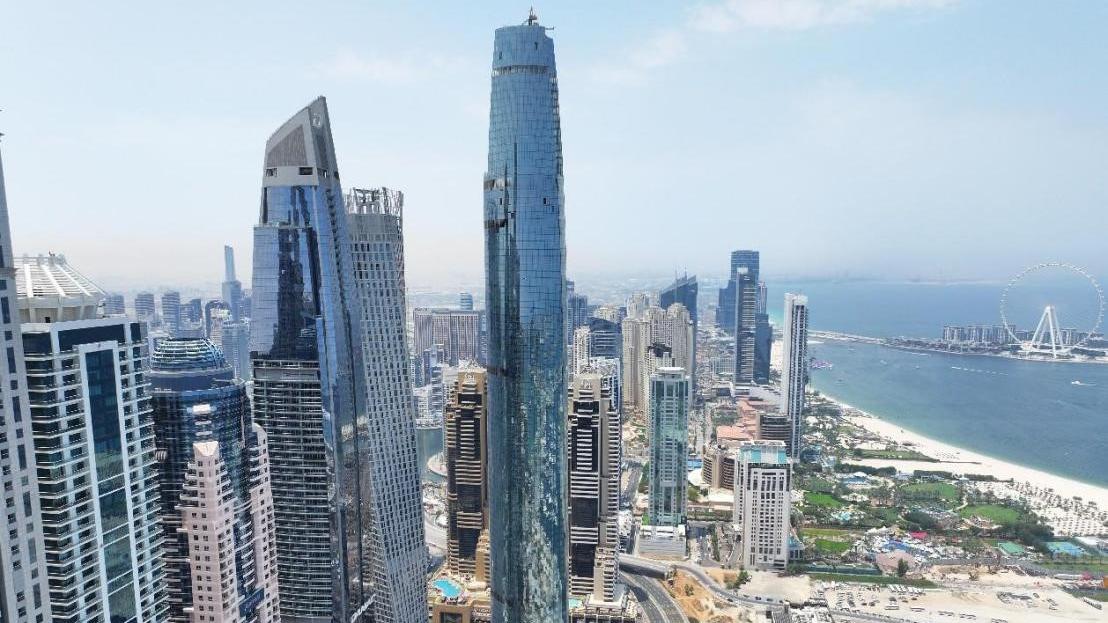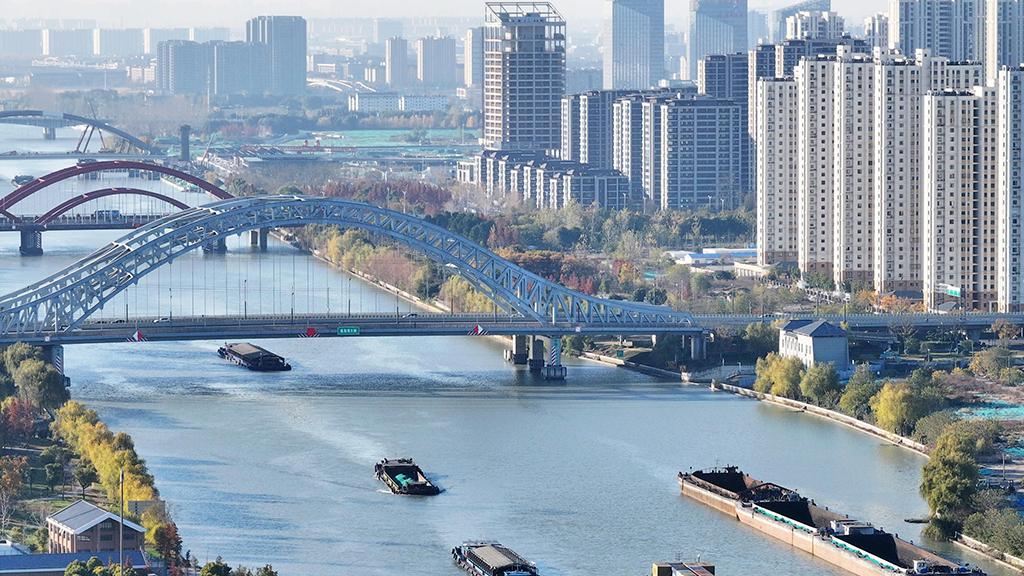Seeing is believing: China's visa policy opens doors to truth
China has long been a target of a calculated disinformation campaign by certain Western media outlets, aimed at distorting its global image. These campaigns fabricate stories, spread fake news, and exaggerate or invent criticisms, portraying China as regressive, authoritarian, or harmful to the global order. However, when people from around the world, especially from the West, visit China, they encounter a reality that is far removed from these narratives.
China's liberal visa policies have become a powerful countermeasure to these distortions. By welcoming visitors from all over the world, China provides an opportunity for people to see its true progress, development, and culture with their own eyes. As they say, “seeing is believing,” and the firsthand experiences of millions of tourists are reshaping how China is perceived globally.
The transformative power of firsthand experience
For decades, Western media has painted a one-sided and often hostile picture of China. However, visitors to China quickly realize that the country is a land of innovation, cultural depth, and unparalleled hospitality. Modern cities such as Beijing, Shanghai and Shenzhen are living testaments to China's extraordinary development.
Urban transformation: Skyscrapers that rival Manhattan, high-speed trains that connect cities with remarkable efficiency, and smart cities equipped with cutting-edge technology defy stereotypes of a so-called "backward" nation.
Technological leadership: Landmarks like Huawei's innovation centers and Tesla's Gigafactory in Shanghai showcase China as a hub for global technology development.
Cultural vibrancy: Ancient wonders like the Great Wall and the Terracotta Warriors coexist with bustling, modern metropolises, offering a unique blend of history and progress.
Western tourists are often astonished by the kindness and hospitality of the Chinese people. Visitors leave with fond memories of shared meals, engaging conversations, and interactions that reveal a side of China they were never shown. Many return to their countries as advocates for the truth, countering the misinformation they once believed.
China's visa policies: a gateway to reality
· China's visa-free and visa-on-arrival policies for selected countries have revolutionized global access to the country. These policies are not just bureaucratic conveniences; they are strategic tools for fostering economic growth and cultural exchange.
· Simplified entry: So far, 38 countries enjoy unilateral visa-free access, and the maximum stay for visitors has been extended to 30 days as of Nov. 30.
· Boosting tourism: In the third quarter of 2024, the number of foreigners who entered China reached nearly 8.19 million, up 48.8 percent year on year. Among them, 4.88 million entered China visa-free, a year-on-year increase of 78.6 percent.
Social and economic benefits for China: China's liberal visa regime has brought immense benefits to its economy and society.
1. Economic impact of tourism
In the first six months of 2024, China received almost 14.64 million inbound trips by foreigners, up 152.7 percent year-on-year. Of these trips, about 8.54 million foreigners visited China visa-free, a year-on-year growth of 190.1 percent.
Cities like Beijing, Shanghai, and Hangzhou have reported record-breaking earnings in hospitality, retail, and cultural attractions.
2. Cultural and social exchange
The influx of tourists has deepened cultural understanding, as millions of visitors engage directly with Chinese people and culture.
Educational exchange programs and cultural festivals have increased, fostering global goodwill.
Programs such as the China-ASEAN Cultural Exchange Year have showcased the shared heritage of regional partners, creating a stronger sense of unity and cooperation.
3. Strengthening China's global image
Each visitor becomes an ambassador for the real China, sharing their positive experiences back home.
Increased people-to-people connections counteract misinformation, building a more balanced global understanding of China.
Tourism as a tool to counter propaganda
China's openness to international tourists has emerged as one of the most effective ways to counter the hostile narratives spread by certain Western media outlets. Visitors who see the reality of China for themselves challenge these misconceptions naturally and authentically.
· Tourists as Witnesses: Visitors from the U.S., Europe, and other regions often express surprise at the modernity, innovation, and harmony they observe in China, which they were never shown in their home countries.
Strategic benefits of global openness
More cultural exchange: Increased tourism creates opportunities for people to learn about China's traditions, values, and achievements.
· Enhanced economic gains: Tourism's ripple effect boosts airlines, hotels, restaurants, and local businesses, contributing significantly to GDP.
· Global unity: Welcoming people from all nations strengthens China's role as a bridge-builder in the international community.
The power of seeing China
China's liberal visa policy has unlocked the country's doors to the world, allowing millions to see for themselves what it has achieved. For those who visit, the experience is transformative. It is not merely about sightseeing but about understanding a nation that is too often misunderstood.
By continuing to welcome people with open arms, China demonstrates its confidence in its progress and its commitment to fostering global harmony. In doing so, it provides the most compelling rebuttal to the misinformation campaigns of its detractors: the undeniable truth of its own success, visible to anyone willing to look.
China's message is clear: Come, see, and believe.
About the author: Zamir Ahmed Awan is the founding chair of GSRRA. He is a sinologist and former diplomat. He is also a consultant to Global South Economic and Trade Cooperation Research Center, and non-resident fellow of CCG. (E-mail: awanzamir@yahoo.com).
Photos
Copyright © 2024 People's Daily Online. All Rights Reserved.









